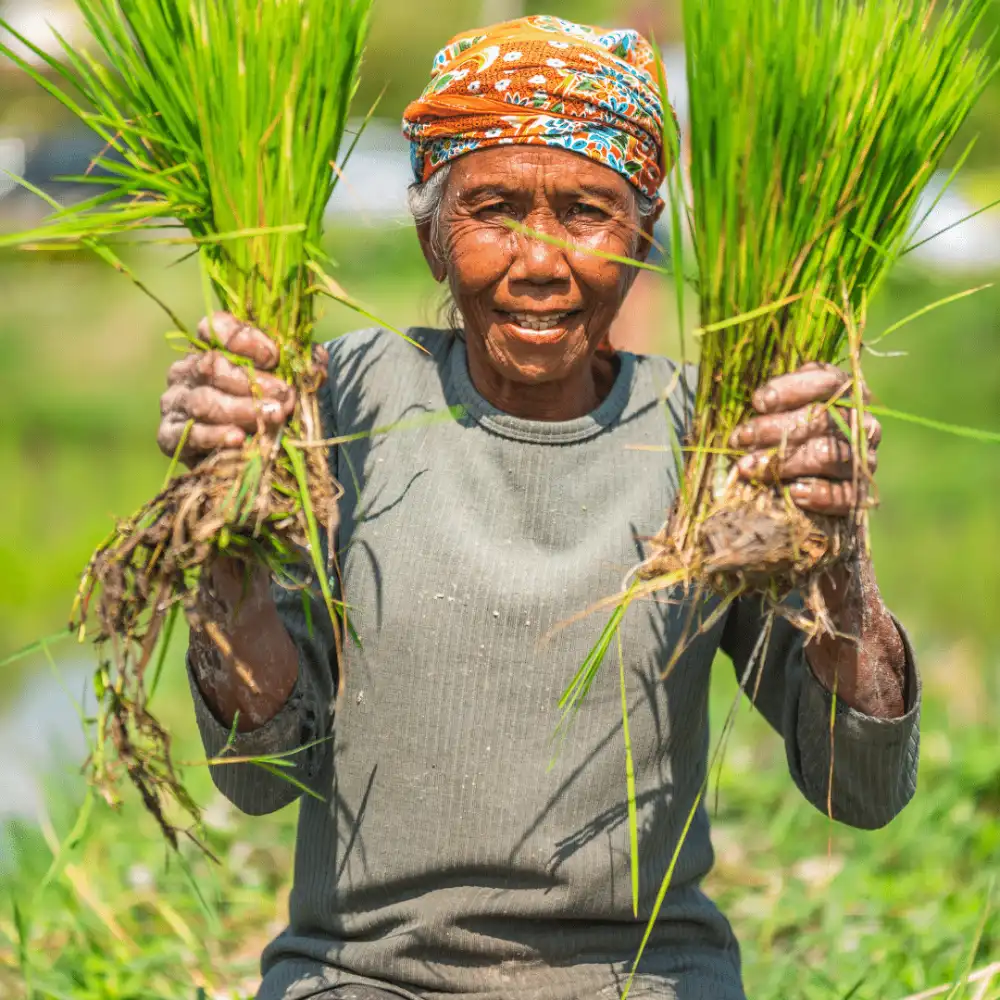Indonesia
Indonesia
In its first three months of monitoring, LJI Indonesia intercepted 22 individuals to prevent them from being trafficked.
October 2022
Love Justice Indonesia launches its first transit monitoring station in North Sulawesi Province.
With a new country pilot, we typically start our transit monitoring work in a large city, but in Indonesia, we partnered with Compassion First to monitor at the ports of Manado and Bitung. These two port towns are responsible for moving people between the plethora of islands in Indonesia. Many young women move through these ports looking for work in areas with bars, and they can be lured into prostitution and easily trafficked when in these scenarios.
Our team worked with the authorities to gain access to the primary ports that operate the large ferries, and in their first three months of operation, they intercepted over 20 people. They are working hard to focus on building and strengthening the systems that will allow them to scale up and expand their operations to other strategic areas in the country.

Human Trafficking in Indonesia
More than 1.5 million Indonesian children between 10 and 17 years old work in agriculture, including on tobacco plantations, without gear to protect them from the sun and chemicals. Early marriage practices push many children—especially in poorer rural communities—into employment as new primary earners for their households.
SEX TRAFFICKING
Up to 30% of individuals in the commercial sex industry in Indonesia are female child sex trafficking victims. Sex traffickers often use debt or offers of jobs to coerce and deceive women and girls into exploitation in commercial sex across Indonesia. Sex traffickers use spas, hotels, bars, karaoke establishments, and other businesses to facilitate sex trafficking.
Traffickers also exploit women and girls in sex trafficking near mining operations in Maluku, Papua, and Jambi provinces. Traffickers increasingly use online and social media platforms to recruit their victims. In 2017, an NGO estimated there were 70,000 to 80,000 child sex trafficking victims in Indonesia.
LABOR TRAFFICKING
Labor traffickers exploit many Indonesians through force and debt-based coercion in Asia (particularly China, South Korea, and Singapore) and the Middle East (particularly Saudi Arabia) primarily in domestic work, factories, construction, and manufacturing on Malaysian oil palm plantations and on fishing vessels throughout the Indian and Pacific Oceans. Indonesian women are also exploited in forced labor in Syria.
Hong Kong, Malaysia, Singapore, and the Middle East host many Indonesian domestic workers who are unprotected under local labor laws and often experience indicators of trafficking, including excessive working hours, lack of formal contracts, and unpaid wages.
Sources estimate unscrupulous labor recruitment agents and sub-agents are responsible for more than half of Indonesian female trafficking cases overseas. To migrate overseas, workers often assume debt that both Indonesian and overseas recruitment agents exploit to coerce and retain their labor. Additionally, some companies withhold identity documents and use threats of violence to keep migrants in forced labor.
Where We Work
Our core work is currently based in Nepal, India, Bangladesh, South Africa, Malawi, Kenya, Uganda, Sierra Leone, Rwanda, Namibia, Mozambique, Lesotho, Liberia, Zambia, Burkina Faso, Indonesia, and Ethiopia.
- Where we're on the ground
-1.png)



